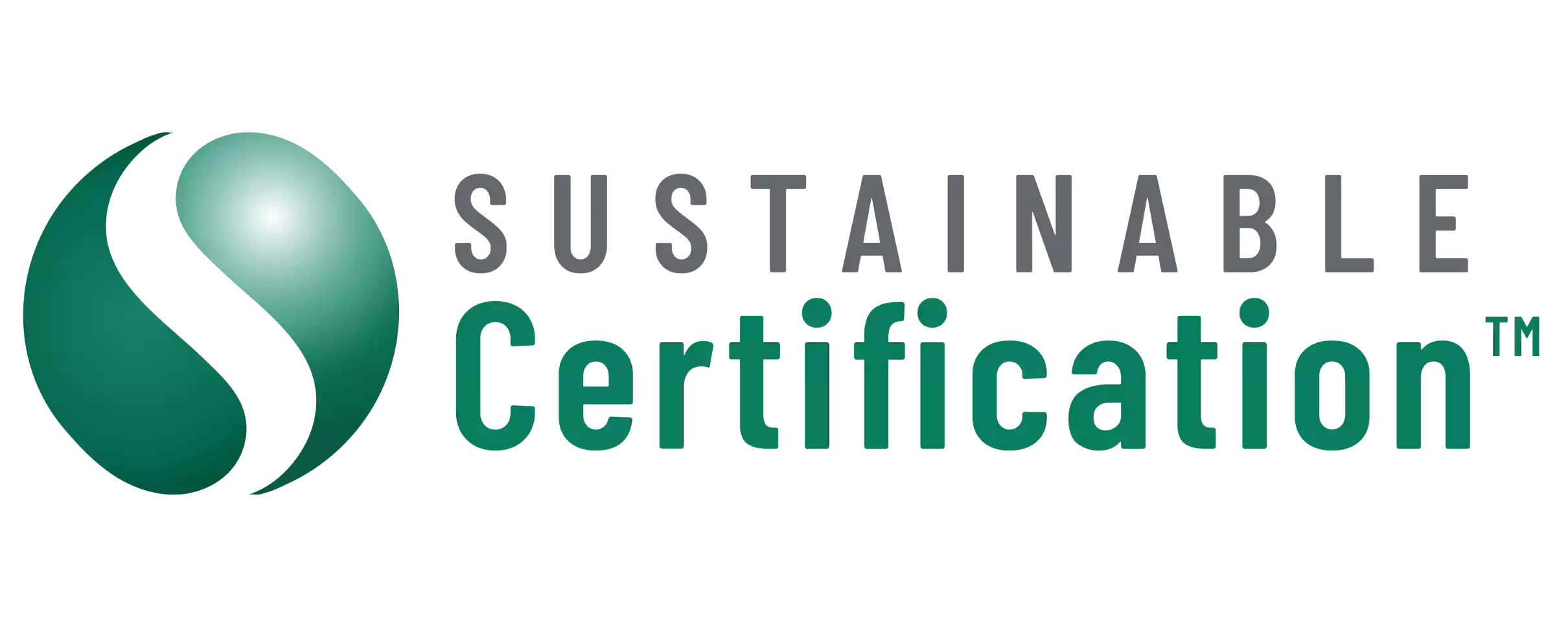Is SOC 2 a Legal Requirement? A Practical Guide
In 2025, many organisations question whether SOC2 is a legal requirement.
While it is not mandated by law, client expectations, regulatory pressures, and industry competition make achieving SOC2 compliance a strategic necessity.
Understanding who needs to be SOC2 compliant, why it matters, and how to become SOC2 compliant helps organisations protect data, build trust, and compete effectively.
Who Needs to Be SOC 2 Compliant?
SOC2 compliance is not limited to one industry. Instead, it applies to service providers across sectors that handle or process sensitive customer data.
Key examples include:
SaaS and cloud service providers
These organisations often store and process significant volumes of customer data. Achieving SOC 2 compliance assures customers that systems are secure and risks are effectively managed.
Data centres and hosting providers
Companies hosting critical infrastructure need to demonstrate high standards of security, availability, and confidentiality through SOC 2 compliant systems.
Financial services organisations
Banks, fintech providers, and payment processors often seek to be SOC 2 compliant to strengthen data security and meet client expectations for robust information controls.
Healthcare and personal data handlers
Healthcare providers and data processors managing personal or medical information achieve SOC 2 compliant operations to enhance privacy protections beyond standard regulations.
Enterprises serving regulated clients
Organisations aiming to partner with enterprises or government agencies find SOC 2 compliance essential to meet procurement requirements and security obligations.
Understanding who needs to be SOC 2 compliant allows organisations to align internal strategies with external expectations.
Is SOC 2 a Legal Requirement
SOC 2 is not legally required by government regulation. Instead, it is a voluntary framework created by the American Institute of Certified Public Accountants (AICPA) to help organisations manage customer data responsibly.
Although SOC 2 compliance itself is not legislated, its principles align closely with data privacy and security regulations such as the GDPR or HIPAA. Achieving SOC 2 compliance often supports broader risk management and regulatory alignment.
How to Be SOC 2 Compliant
Achieving SOC 2 compliant status requires structured planning, process improvements, and independent audits. Key steps include:
Readiness assessment
Organisations should start by performing a gap analysis to identify areas requiring improvement before starting the audit process.
Implementing Trust Service Criteria controls
Security, availability, processing integrity, confidentiality, and privacy measures should be developed and documented thoroughly.
Choosing the audit type
Organisations should select a Type 1 or Type 2 report based on their operational maturity and compliance goals.
Engaging a qualified auditor
Partnering with an experienced SOC 2 audit provider ensures an objective, credible assessment and helps streamline the process.
Following these steps provides a clear path for organisations on how to be SOC 2 compliant while reducing unnecessary complexity.
How to Become SOC 2 Compliant
Becoming SOC 2 compliant involves embedding compliance into ongoing operations to create a culture of security.
Key actions include:
Defining the scope and objectives
Organisations should clearly outline which systems, processes, and data flows will be covered during the SOC 2 audit.
Involving stakeholders
Cross-functional collaboration between IT, security, and leadership ensures ownership and accountability throughout the process.
Preparing audit evidence
Organisations should maintain thorough documentation of controls and policies to support the external assessment.
Addressing corrective actions
Issues identified during the audit process should be resolved promptly to maintain compliance readiness.
These steps clarify how to become SOC 2 compliant and build a foundation for sustained operational security.
Additional Considerations for SOC 2 Compliance
Long-term compliance success depends on a comprehensive strategy that addresses cost, quality, and certification standards.
SOC 2 audit
Working with a trusted SOC 2 audit provider ensures the audit meets industry requirements and provides actionable recommendations.
SOC 2 pricing
Evaluating SOC 2 pricing during the planning stage helps ensure budgeting accuracy and supports ongoing compliance cycles.
SOC 2 certification
Pursuing SOC 2 certification validates compliance efforts and strengthens market credibility.
Considering these elements ensures that organisations build a scalable and reliable SOC 2 compliance framework.
Strategic Clarity for Compliance
While SOC 2 is not a legal requirement, achieving compliance is a business imperative in 2025.
Knowing who needs to be SOC 2 compliant, understanding how to be SOC 2 compliant, and committing to how to become SOC 2 compliant enables organisations to meet client expectations, enhance data security, and maintain a competitive advantage.
For organisations ready to progress their compliance journey, engaging professional SOC 2 certification services provides the expertise and guidance required to achieve and maintain compliance with confidence.
